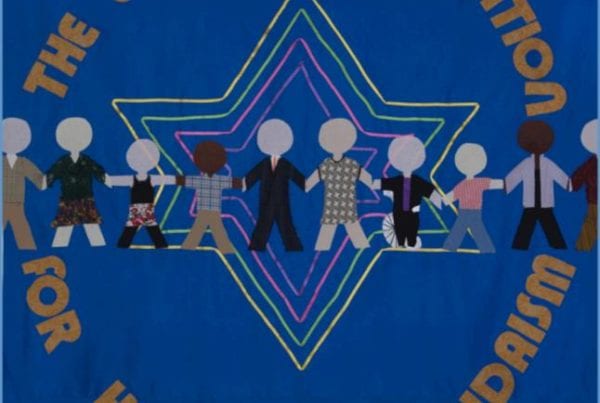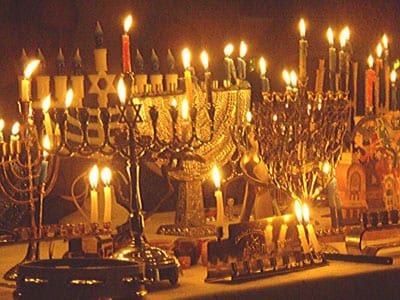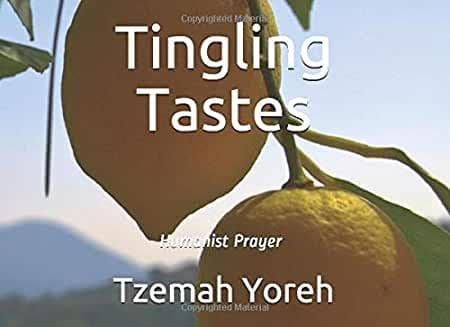REGRETS, DO-OVERS, LOOKING AHEAD: Reflections
Gladys Foxe, L.C.S.W.. L.P., Ph.D.
Thank you, Peter.
This was a wonderful assignment and I have given it a lot of thought. First I had one idea about decisions and paths taken or not taken, then I had two ideas. Finally, I had three thoughts on the subject which I’d like to relate in the order they came to me by telling you how those thoughts tied in with my own story.
The first idea that came to mind is that a decision is neither right nor wrong, a decision is only a choice. A choice in this context meaning not being a good/ bad, right turn/wrong turn, but rather just a different way life unfolds.
For instance, since I married young and had children early, it was later that I developed an independent life. I found my own way after my son, Neil, and my daughter, Tara, were adults. Or, since I lived for years far from NY, in a small college town in Pennsylvania – a town called State College – I could appreciate city life more when I returned to Manhattan.
Or, again, because I left college early – getting married I thought much more important than becoming educated – I could became scholarly later in life and love my learning that much more. I am a psychoanalyst and a writer. People always said I was “a late bloomer.”
And, perhaps most relevant to our service today, since I married someone who wasn’t Jewish, it was later on I could find the true heart of my Jewish nature as a Secular Humanistic Jew. I always told myself I was a most oblivious and non-observantly raised Jew anyway.
But there is another consideration about decisions which is more complex and perhaps less defensive than maintaining that a decision is “only a choice.” My second conclusion is that choices have consequences, unintended consequences. And this turned out to be a big one.
I was living far from New York, not married to a Jew, and raising my son and a daughter in a small town where there were few Jews and no general Jewish ambiance. Life in a non-Jewish town is very different from life in New York City. Even though I always talked of being Jewish in a social way, it didn’t seem important in a philosophical or lifestyle way at the time. And maybe on some level, I liked that. Questions about religious identity just weren’t where things stood with me back then.
But the consequence – bringing up children just the way I been brought up, but in a non-Jewish setting – seems to have made their Jewish side unreal to them. And that is a consequence that has troubled me. My son Neil, who lives and works in that faraway town says “my mother is Jewish” and he wishes me “Happy Hanukah”, and tells me to “have a nice Seder.” Their lovely children, my three grandchildren, Charlie, Phebe and Leni, will not be much interested in owning that aspect of themselves, I think sadly, although they will have other happiness, and pleasures.
My daughter, however, has made a different choice. Tara, that’s her name, who, significantly lives here in New York, now has made a decision to declare herself Jewish and raise her son to have a real Jewish identity. This grandson, named Drew, my “local grandson” I call him, will grow up in this most Jewish of cities. This is a great pleasure. But inner early life influence is strong and I don’t know if, down the road, my daughter will stay with that decision, or if my grandson Drew will. No one really knows what’s going to happen to anybody. Even more important, while I can wish for their continued interest in their Jewishness, I cannot hold her, or little Drew, hostage to my desire to remove my regret. I can only find and follow my own path
Which has led me to one more thought: It has come to me now that my former indifference to religious identity was a non-choice that was actually a kind of choice.
Let me illustrate: If, back then, I had heard about Secular Jews, Humanistic Jews, would I have been ready to hear, or would I have heard at all. I don’t think so.
If some said to me back then, as Henrietta Spilkia was later to say to me “There is this congregation I’m interested in attending,” would I have said “That sounds interesting. I’ll go with you”? Probably not.
If back in my earlier life, I had heard about the Secular Humanist Jews leading a trip to Spain – the study tour called “The Jews of Spain” – would I have sent in my deposit, gone on the trip, and in so doing, affirmed that the City Congregation and secular humanism was indeed the place for me? No, back then, I might I have said “Spain, I don’t think so. I took French in high school.”
So my last conclusion about decisions made or not made and paths taken or not is this: sometimes not making a choice is making a choice. Omission or inaction is taking an action. I think, for me, there was probably something about my Jewish identity that I was happy to postpone grappling with until I was ready to think about it. “Readiness is all.”
So my real conclusion is that choices, for me at least, should not be made by silence or by default. Maybe – going back to my first thought – it’s really not a issue of a good decision or a bad decision but the commitment to take on that personal accountability. The right decision is the one that comes out of the decision to think about things. That’s what matters in the long run.



